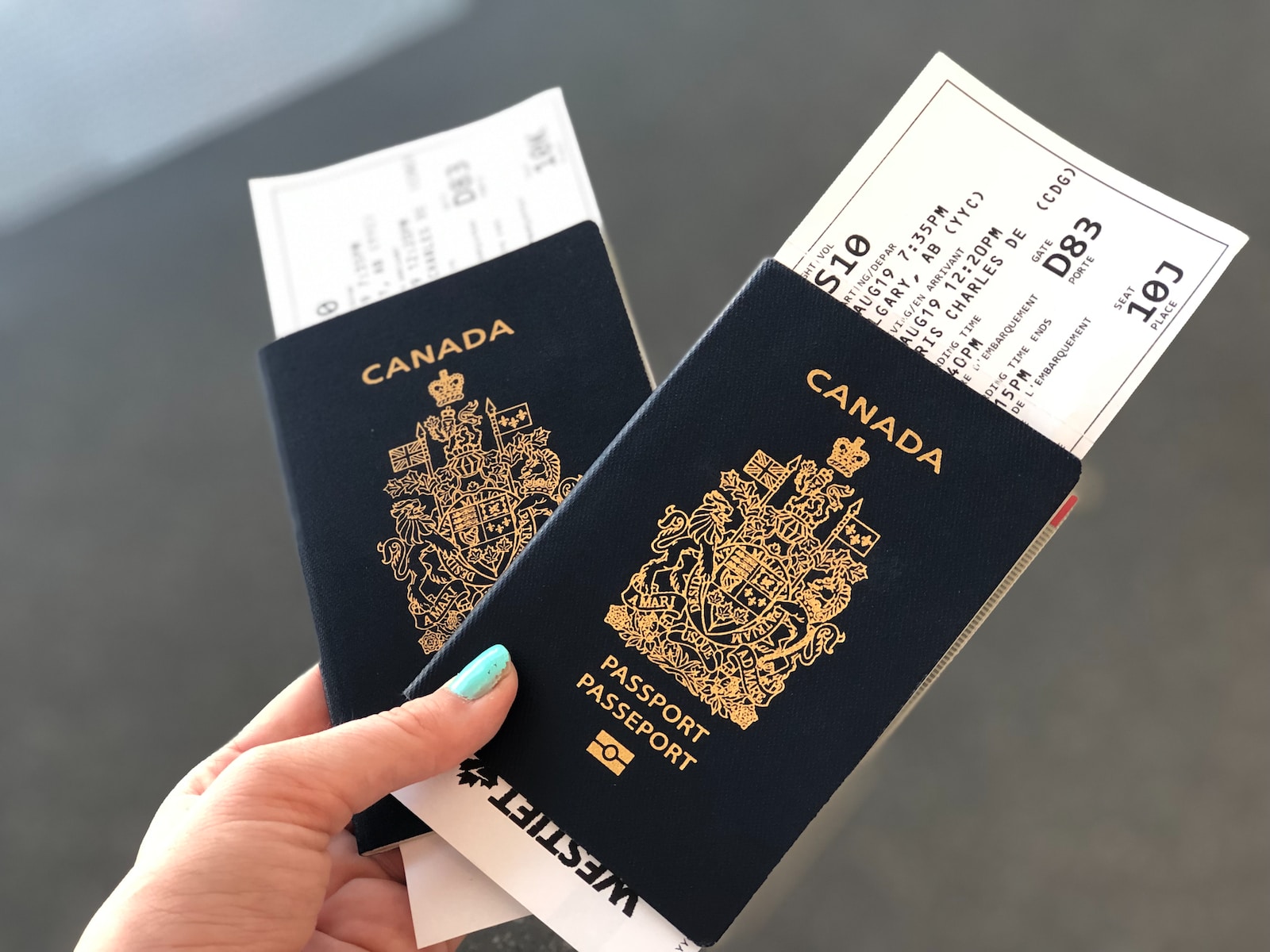What is a Temporary Resident Permit?
A temporary resident permit may be issued to individuals who would otherwise be inadmissible to Canada because of health or criminality issues, permitting them to enter or stay in the country, where justified by compelling circumstances.
A temporary resident permit (TRP) grants legal entry to Canada for a certain period of time and can be applied for at any point. Unlike criminal rehabilitation, a TRP is not subject to a certain time frame in relation to the completion of the sentence, meaning that an individual can be granted a TRP while still serving a portion of his or her sentence, in certain circumstances.
TRPs are issued for the length of the stay in Canada (up to three years) and may be extended from inside Canada.
Do I Need a Temporary Resident Permit (TRP)?
Once a US citizen or permanent resident is charged or convicted of a criminal offense, such as a DUI or theft, the details surrounding the offense are added to the FBI criminal history database. An agreement between the United States and Canada allows border agents at ports of entry on both sides to have access to these databases to screen travelers as they attempt to enter.
A temporary resident permit can be a helpful temporary solution to individuals who are currently criminally inadmissible to Canada. If you have been denied entry in the past, believe you are inadmissible or currently ineligible to apply for criminal rehabilitation, a TRP may be convenient for an upcoming trip. The permit can be valid from a stay up to three years, depending on the significance of your travel. The application process can be somewhat complex, as the Canadian government must ensure the safety of its citizens. Individuals who plan to enter for leisure purposes are often denied due to the lack of justification that a reason for entry should override inadmissibility. As a result, there are strict submission guidelines an applicant must follow to ensure the application is as appealing as possible.
Should I Apply for a TRP with a DUI?
The US and Canadian governments share criminal history information with each other in order to protect their citizens from any potential threats. When attempting to enter Canada with a DUI, it is important to know that a border agent can easily retrieve criminal history information by way of a Passport.
After the Cannabis Act was implemented in 2018, driving under the influence (DUI) offenses became serious criminality in Canada with a maximum sentence of 10 years in prison. The Canadian government has concerns about individuals consuming cannabis and driving which resulted in harsher penalties for offenders.
As a result, any US Citizen or permanent resident attempting to enter Canada with a DUI on record may be considered criminally inadmissible and denied access to the country. In order to overcome inadmissibility, many individuals will apply for a Temporary Resident Permit to temporarily enter Canada for a significant reason. If you are travelling for work purposes, an emergency or even a vacation, a TRP may be a temporary solution to your inadmissibility issues. The permit can be granted from a single stay up to three years, depending on the frequency of your entries and reason for travel. Individuals not yet eligible for criminal rehabilitation may find a temporary resident permit a helpful solution to DUI inadmissibility.
Why Does Canada Deny Travelers Who Have a DUI?
In order to protect the safety and well-being of Canada and its citizens, travelers with a past charge or conviction may be considered criminally inadmissible to the country. In the case of US travelers, even minor offenses in some States such as a driving under the influence can create an admissibility issue at the Canadian border.
As of 2018, driving under the influence can now be prosecuted by up to 10 years in prison, which equates to a serious crime in Canada. Criminal inadmissibility is judged solely on the equivalency of a foreign criminal offense to that of one in Canadian law. Understanding how a DUI or any criminal offense committed in the United States would translate under Canadian law is essential. Considering DUI’s are now considered serious criminality in Canada, any individual with a past offense should be cautious and address their potential admissibility issues prior to traveling.
Reasons for Being Inadmissible
The most frequent reasons foreign nationals are deemed inadmissible to Canada include:
-
Possessing a criminal record
-
Being diagnosed with a contagious disease
-
Violating the Immigration and Refugee Protection Act (IRPA)
-
Being deemed a security risk
-
Misrepresenting information in order to gain entry to Canada, or to maintain immigration status
-
Being unable to demonstrate that you can financially support yourself and your family during your time in Canada
Who Needs to Apply for a Temporary Resident Permit?
In the following examples, foreign nationals would be required to apply for temporary resident permits in order to enter Canada:
-
Those convicted of a crime outside of Canada that, if committed in Canada, would be equivalent to an indictable offense punishable by a sentence of less than 10 years.
-
A person that has been convicted outside of Canada of a crime equivalent to a hybrid offense, one punishable by a sentence of less than 10 years.
-
A person who has been convicted of two or more crimes that, if committed in Canada, would be equivalent to two summary offenses.
Offenses that occur inside of Canada while on temporary stay, visitor visa or work permit, may lead to a finding of criminal inadmissibility, which can affect your ability to remain a temporary visitor or obtain permanent residence.
Applying for a Canadian Temporary Resident Permit
After you or your immigration lawyer have compiled all the required Canadian immigration documents to complete a TRP application, you must then submit it to the Canadian government for consideration.
If you are an American citizen or have permanent resident status in the United States, there are two places you can submit your temporary resident permit application:
-
At a Canadian consulate
-
At a port of entry to Canada (land, air or sea)
Canadian Consulate Applications
Although applying for TRPs through a Canadian consulate involves significant processing time (3-6 months), it is considered to be the best approach to submitting temporary resident permit applications to Canadian immigration authorities.
This is because a decision will be made by an experienced immigration officer who understands the various reasons why your entry could be justified.
To apply for a TRP, you will need to submit an application with supporting documents explaining the reason for your criminal inadmissibility and why your entry into Canada may be justified.
Port of Entry Applications
Applications for a temporary resident permit at a port of entry are available to foreign nationals with criminal inadmissibility issues who are making last-minute travel plans. Port of entry applications are processed immediately at airports, land crossings or sea entry points, anywhere a passport would be required to enter the country.
A Canadian immigration visa officer will consider the inadmissible person’s need to enter Canada against the health and security risks to the Canadian population. Applicants must be able to demonstrate that their entry into Canada is justified.
The primary advantage of applying in this manner is the speed with which a person can acquire a TRP, which may be granted in a matter of minutes.
The main disadvantage of a port of entry application is the uncertainty; you don’t know whether your application will be approved or denied by the immigration officer that handles your case. If denied, you will not be allowed to enter Canada until you have received an approval from a Canadian consulate.
If you are a citizen of a visa-exempt country, you will need to apply for a temporary resident permit based on the guidelines set out by your specific country, as the application form may be different.
Government Application Fee
A fee of $200 CAD applies for each temporary resident permit application submitted.











